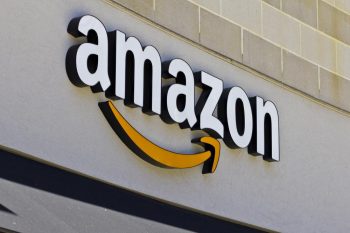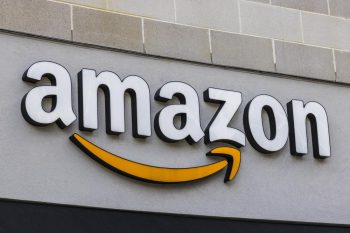
Amazon, the e-commerce giant, has become a household name globally. However, despite its popularity, there are many reasons why some people are choosing not to support Amazon. This article will delve into these reasons in detail, covering aspects such as worker exploitation, unsafe working conditions, aggressive tax avoidance, anti-competitive behavior, impact on small businesses, environmental concerns, and data privacy.
Some reasons not to support Amazon include allegations of worker exploitation and unsafe working conditions, aggressive tax avoidance, anti-competitive behavior, negative impact on small businesses, environmental concerns, and data privacy issues. Many consumers are seeking alternatives to Amazon to support fair labor practices, protect the environment, promote competition, and safeguard their data privacy.
Exploitation of Workers and Opposition to Unions
Amazon has been accused of violating labor laws and opposing unionization. Workers have reported long hours, timed bathroom breaks, surveillance, and physically demanding quotas. The company has been cited by the US Department of Labor for exposing workers to unsafe conditions and ergonomic hazards at warehouses in several states. Despite these concerns, Amazon has denied using productivity quotas and disputed reports of unsafe working conditions.
Unsafe Working Conditions
Amazon’s warehouse injury rates have been reported to be significantly higher than the industry average. From 2017 to 2021, Amazon’s injury rates were almost double those of all other warehouses. Workers have alleged that the company prioritizes speed over safety, leading to high risk of back injuries and other musculoskeletal disorders.
Aggressive Tax Avoidance
Amazon has been criticized for its aggressive tax avoidance strategies. The company’s effective tax rate has been much lower than the statutory corporate tax rates in the US and other countries. This has sparked debates on the need for tax reforms and greater transparency in corporate taxation.
Anti-competitive Behavior
Amazon has faced allegations of anti-competitive practices, such as using non-public data from third-party sellers to unfairly compete against them. The Federal Trade Commission (FTC) has sued Amazon for illegally maintaining its monopoly power, alleging that the company engages in exclusionary conduct that prevents competitors from growing and new competitors from emerging.
Impact on Small Businesses
Amazon’s dominance in the online retail market has led to the decline of traditional businesses and local retailers. The company’s policies and fees can be detrimental to small businesses. Amazon keeps an average of 30% of each sale made by independent businesses on its website, making it harder for them to compete.
Environmental Concerns
Amazon’s business operations contribute to environmental degradation. The company’s vast operations, including cargo airlines, retail and logistics businesses, grocery stores, and data centers, lead to a significant carbon footprint. Despite the company’s efforts to reduce its environmental impact, its carbon emissions are still a cause for concern.
Data Privacy
Amazon’s data collection practices have raised concerns about consumer privacy. The company collects a variety of data from its users, which is used for targeted advertising and to improve user experience. However, Amazon’s vast data collection could make it a target for data breaches, putting millions of people’s personal information at risk.
In conclusion, while Amazon provides many benefits to consumers and small businesses, its practices have led to numerous concerns. These issues have prompted some consumers to seek alternatives to shopping on Amazon, in an effort to support fair labor practices, protect the environment, promote competition, and safeguard their data privacy.
Frequently Asked Questions
What are some of the alternatives to shopping on Amazon?
Some alternatives to shopping on Amazon include local businesses and independent online retailers. Websites like Etsy and eBay also provide platforms for independent sellers. For books, websites like Bookshop.org support local independent bookstores.
How has Amazon responded to allegations of worker exploitation and unsafe working conditions?
Amazon has consistently denied allegations of worker exploitation and unsafe working conditions. The company claims to have invested heavily in safety measures and worker benefits. However, ongoing worker complaints and investigations suggest that these issues persist.
Can consumers do anything to reduce Amazon’s environmental impact?
Consumers can reduce Amazon’s environmental impact by shopping less frequently, combining orders to reduce delivery trips, choosing slower shipping options, and recycling packaging materials. They can also consider shopping from businesses with more sustainable practices.
How can I protect my data privacy while shopping online?
To protect your data privacy while shopping online, consider using privacy-focused web browsers, virtual private networks (VPNs), and ad-blockers. Be mindful of the information you share, regularly update your passwords and review the privacy policies of the websites you use.
What can be done to promote fair competition in the online retail market?
To promote fair competition in the online retail market, regulators can enforce antitrust laws, promote transparency, and prevent unfair practices. Consumers can also support smaller businesses and independent retailers.











